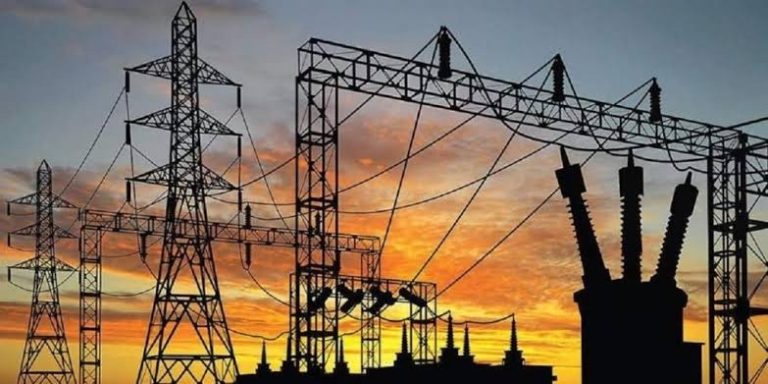The Rural Electrification Agency (REA) and Galaxy Backbone (GBB) have signed a Memorandum of Understanding (MoU) to jointly provide electricity and internet access to Nigerian universities and underserved communities, aiming to spur innovation, financial inclusion, and economic growth.
The agreement was formalised on Friday in Abuja as both agencies committed to building inclusive infrastructure that supports education, governance, and digital development.
Speaking at the event, REA Managing Director, Abba Aliyu, emphasised the critical role of electricity in driving socio-economic progress and digital transformation.
Aliyu revealed that Nigeria loses approximately $25 billion annually due to inadequate electricity access, a challenge the current administration is determined to overcome.
He said REA has already begun deploying hybrid mini-grids in several universities nationwide, delivering stable and sustainable electricity to learning institutions.
“Today, we are planting the seeds for the development of small, medium, and micro enterprises across the country,” he said.
“We’re improving governance by making public institutions more efficient, reducing operational costs, and ensuring they meet the digital requirements necessary for modern service delivery.”
Aliyu stressed the interconnectedness of electricity, financial inclusion, and digital economy, adding that the National Public Sector Solarisation Initiative has already secured initial funding and will soon expand to federal institutions in Abuja and beyond.
“The plan is to scale this initiative to all federal universities, providing uninterrupted electricity and internet connectivity. Imagine the level of innovation, research, and convenience this will create for students and academic staff,” he said.
He added that the goal was to extend this transformation even to the grassroots by electrifying and digitising local government areas.
In his remarks, Galaxy Backbone Managing Director, Prof. Ibrahim Adeyanju, highlighted the importance of stable and sustainable power systems in realising national digital goals.
He said REA’s track record in expanding energy access to remote areas made it the ideal partner, aligning with President Bola Tinubu’s digitalisation agenda.
“This partnership shows how government institutions can effectively collaborate by leveraging each other’s strengths for sustainable impact,” Adeyanju said.
“You cannot achieve digital transformation without reliable energy. This collaboration — combining digital power and energy access — is powerful.”
He praised REA’s work in deploying renewable energy solutions to rural communities and institutions, describing it as both commendable and transformational.
“We will work with REA to power university hostels using small-scale solar systems alongside fiber-optic connectivity,” he added.
The REA-GBB partnership aims to boost digital inclusion, modernise local government operations, and promote research and innovation across tertiary institutions in Nigeria.


